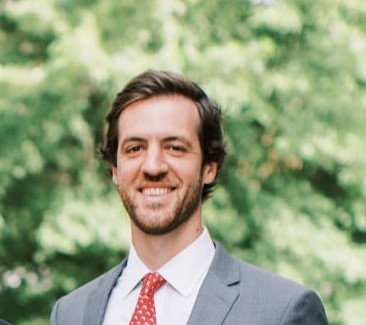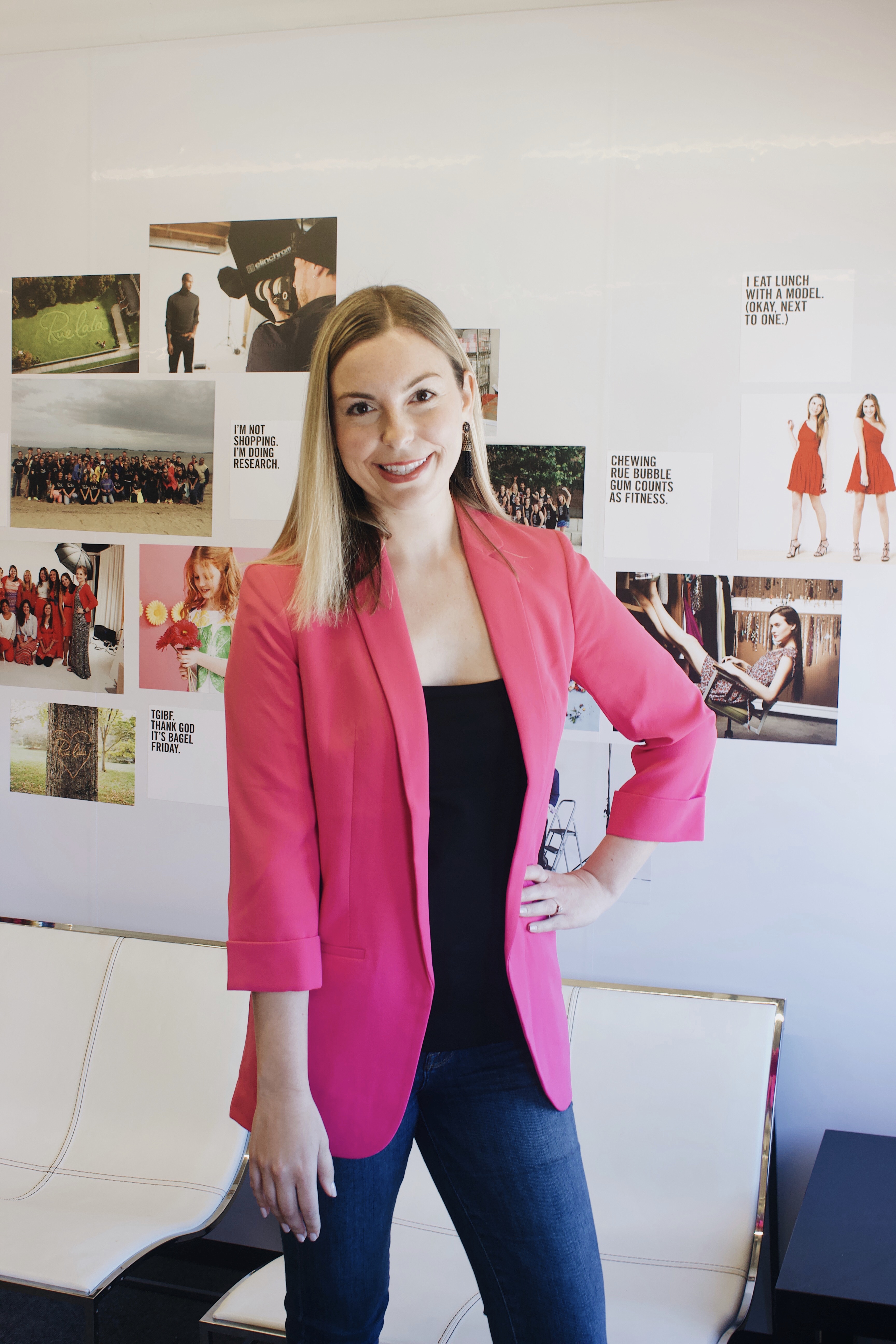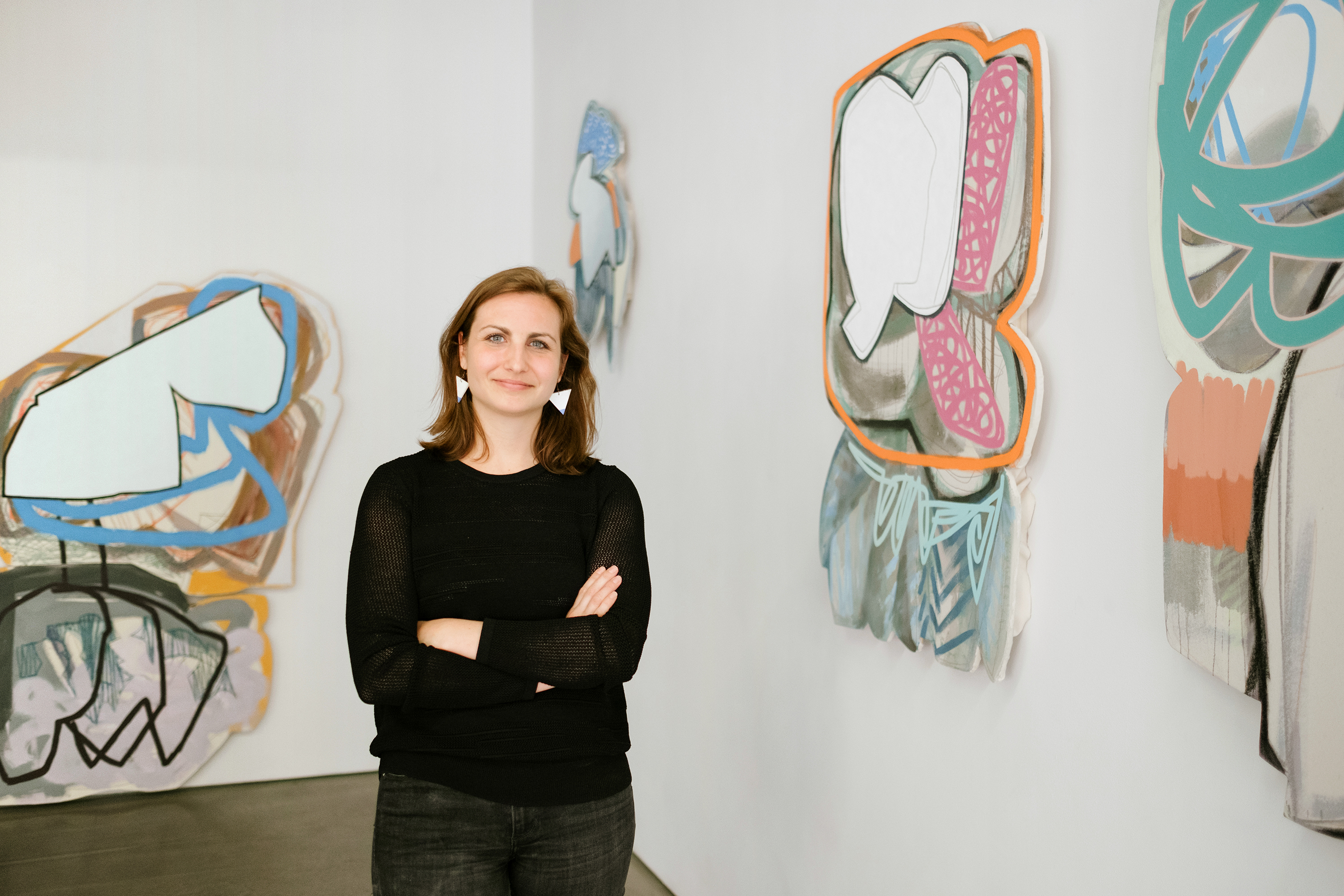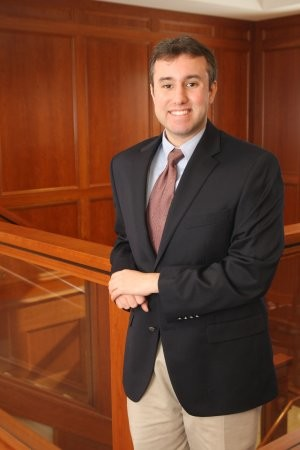
Name: Piero Iberti
Class Year: 2011
Title: Screenwriter/Filmmaker
Organization Name: Currently between seasons writing for USA Network’s Limited Series “The Sinner”
1. In one sentence, what does your job entail?
For the past four years, my job has taken the form of Writers’ Assistant. A Writers’ Assistant essentially operate as the keeper of the story for the writers. The day-to-day takes place in the Writers’ Room with intense note-taking, while the writers pitch on story arcs for the season and characters, leading to story for specific episodes. It’s basically my job to internalize and manage the story, as it develops, so I can best support the writers as a resource for information. Sometimes I get to pitch my own ideas in the Room and occasionally I get to help a Writer with their outline, but generally a good Writers’ Assistant is one who listens well and reminds the writers of what they talked about without involving themselves too much.
For all three seasons of “The Sinner” thus far, I’ve also worked as the Assistant to the showrunner/head writer & Executive Producer – Derek Simonds. As of this past season, I not only worked as Writers’ Assistant and Assistant to Derek, but also achieved my dream of writing my first professional script for television with him in this season’s finale.
2. What planned and unplanned events connected you to your industry and your first employer after Holy Cross? How did you learn/decide it was a good fit for you?
It was a combination of things. After graduating, I knew I wanted to write, I just didn’t know what specific type of writing road I wanted to go down. I knew I loved movies though, how the visual medium helped communicate and anchor a story or message. I consulted with my friends and parents (my Dad also worked his way up the film ladder starting as a Parking Production Assistant for the Locations Department guarding cones/parking spots around the City in the ‘80s and is now an Executive Producer, most recently for HBO’s “Watchmen”). My Dad didn’t have much awareness at the time of a specific screenwriting path, but offered that a good place to start and learn might be as a Production Assistant on set. This way I could experience all the different departments in unison, get paid to help with, but also learn about what it takes, to make a Film/TV Show.
With his help, as well as one of my childhood friends, I was able to interview and get my first job as a Production Assistant on HBO’s Boardwalk Empire. It was extremely hard work: 14-16 hours, low pay, but it was a start. It was also extremely rewarding right away. It was my on-the-job film school. I was suddenly learning what every person on the crew was doing and how each of them contributed to the greater whole. As I progressed as a Production Assistant, I knew that this was the type of collaborative art I wanted to bring my writing to.
3. What were you involved in when you were on campus?
I always tried to stay involved at Holy Cross. Thankfully the school’s intimate size and support from various programs made it easy. Academically, I was a part of the Summer Study Abroad Program my Junior Year with Professor Judith Chubb in Nairobi, Kenya. I was a Resident Assistant my Junior Year (in Loyola) and Senior Year (in Williams) as well as a part of the Spring Break Immersion Program from my Sophomore Year onward. Sports/Team-wise, I played Club Hockey and vibraphone in the Jazz Ensemble, with the one and only Mike Monaghan, all four years.
4. What was your major and how did it affect your career decisions?
I was an English Major with concentrations in Creative Writing and Peace & Conflict Studies. Like I mentioned earlier, I knew I wanted to write – writing was always a passion – I just didn’t know in what form it was going to materialize or make the most sense. A lot of my writing at Holy Cross (under the incredible mentorship of Professors Leila Philip, Patricia Bizzell and Leah Hager Cohen) took the form of prose. A combination of memoir and journalistic writing helped me make sense of areas of history and social justice I was passionate about. My Professors encouraged me to bring a creatively analytical lens to these topics, approach them from various writing angles. Another important piece, was Senior Year I took an elective — a screenwriting course with a visiting professor (Steven Wingate). That’s when it all clicked. All the elements. I asked myself — “Why am I fighting this? This combines all my interests: creative storytelling, economy of language, visual enforcement.”
Without the support from my Professors and classes to experiment with and meld different writing styles, I don’t know if I would’ve had the confidence or skill sets needed to pursue a career in the arts, specifically writing.
5. What are one or two skills that you developed at Holy Cross that you use in your work?
The ability to write analytically across a wide range of topics, proofread thoroughly and edit meticulously. One hundred percent. Also I learned how to take notes efficiently. Each one of these elements has played a significant part of my career growth. I can attribute my comfort and success in these areas, in part, to two other mentors – Professors Steve Vineberg and Judith Chubb. They both saw potential in my writing/creative leanings and helped me focus them analytically, holding me to the highest standard of structure and grammar.
Also, it may seem simple or cliched, but Holy Cross really instilled in me just how much the ability to listen plays into being a man for and with others. Not only in the classroom or with my Professors, but also through the activities I found myself involved with around campus.
6. What advice do you have for students on campus today?
Stay open. Don’t be afraid to say yes to things you’re unsure of – both in the classroom and out – because you never know who you might meet or what you might experience that ignites you. I can tell you confidently that significant friends, mentors, colleagues and success factors in my professional life have often come from the earliest jobs I said yes to, even if it wasn’t necessarily what I wanted to do. Those are the steps that help you be most in touch with yourself.
Also, don’t feel like you have to have it all figured out at ANY point in the four year span. A lot of my realizations, in regards to a career, came late…even as I was graduating and that first year after school. It’s that openness which facilitates confidence and further self-awareness.
Also, take advantage of the intimate nature of your classes and professors’ open doors. That is what saved me, kept me at HC and allowed me to access the tools to unlock and realize my passions fully. Honestly.











